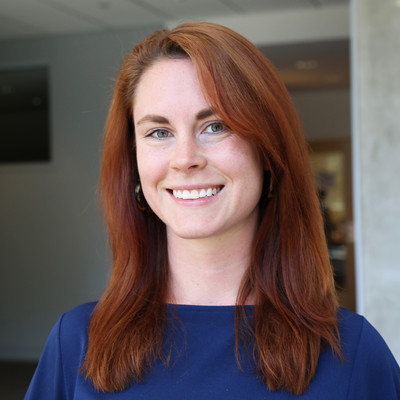 If you’re considering applying to graduate school, chances are you’ve taken a look at one of the many guides all over the internet giving advice on how to start the process (maybe you’ve even read the blog post I wrote earlier last month on some do’s and don’ts!), and realized that most of the advice columns offer the same advice. If you’ve been reading this blog, you’ve almost certainly read one of my many, many, posts where I urge students to proofread their work. “I get it, I get it, how many times are they going to tell me?” you’ve probably thought…. but the truth is, we repeat these maxims over and over because we run into them over and over. So at the risk of sounding like a broken record, let’s run through the most common application mistakes I see and some tips on how to avoid them.
If you’re considering applying to graduate school, chances are you’ve taken a look at one of the many guides all over the internet giving advice on how to start the process (maybe you’ve even read the blog post I wrote earlier last month on some do’s and don’ts!), and realized that most of the advice columns offer the same advice. If you’ve been reading this blog, you’ve almost certainly read one of my many, many, posts where I urge students to proofread their work. “I get it, I get it, how many times are they going to tell me?” you’ve probably thought…. but the truth is, we repeat these maxims over and over because we run into them over and over. So at the risk of sounding like a broken record, let’s run through the most common application mistakes I see and some tips on how to avoid them.
Start off on the right foot. “When I was 4/5/6/7/8/9 years old…”, “From a young age I have always been interested in…”, “For as long as I can remember I have been interested in…” If I had a nickel for every time I’ve read these words as the opening line in a personal statement, I could take myself and every reader of this blog on all-expenses-paid vacation. If you added a nickel for personal statements that begin with a famous quote, we could all retire. Now, this doesn’t mean that you shouldn’t reflect on what brought you to apply to graduate school, and it doesn’t mean that you can never use a quote in your personal statement. It does mean, however, that we’re more interested in the specifics of what led you to the program you’re applying to than about generalities.
Don’t be a rebel. Follow instructions. Read them carefully, and then read them again. It’s easy to overlook directions when you’re juggling multiple applications at once, but the ability to follow procedures and stay organized are key components for being successful in graduate school, and application readers look for those skills in all aspects of your application. Make sure that you’ve answered all the questions on the application, and that you’ve answered them correctly. Double-check that your statement of purpose doesn’t exceed the page limit (same goes for your writing sample, if you have one!).
Choose wisely. Without fail, every year I get an email from a professor who is baffled by the fact that they’ve been asked to write a letter of recommendation… from a student they’ve never met. If you’ve never made this mistake, it can be hard to believe, but it really does happen! It may seem obvious, but you should make sure the recommenders you choose know you well, even if there’s a more “impressive” contact you could ask. An unfavorable letter of recommendation is as bad as having no letter at all, if not worse, and a generic letter doesn’t do anything to help your application.
With application deadlines coming up soon, I hope you use this list as a guide to put your strongest foot forward and gain entry into the program of your dreams. Good luck and stay focused!
